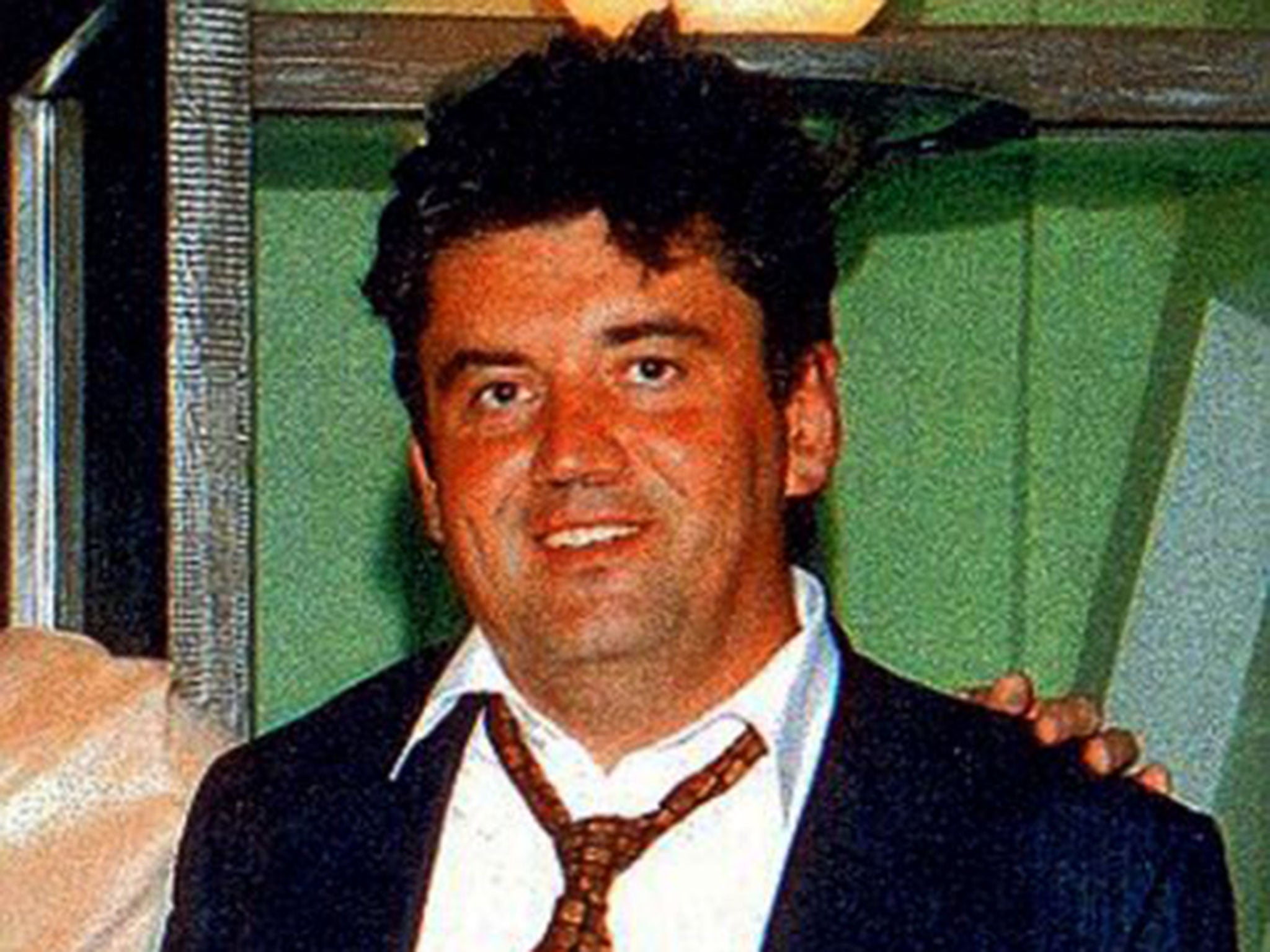Russian whistleblower 'may have been poisoned with tainted soup' but stomach evidence was flushed away, court hears
Alexander Perepilichnyy had been helping specialist investment firm uncover $230m (£150m) Russian money-laundering operation before collapsing and dying outside luxury Surrey home

Your support helps us to tell the story
From reproductive rights to climate change to Big Tech, The Independent is on the ground when the story is developing. Whether it's investigating the financials of Elon Musk's pro-Trump PAC or producing our latest documentary, 'The A Word', which shines a light on the American women fighting for reproductive rights, we know how important it is to parse out the facts from the messaging.
At such a critical moment in US history, we need reporters on the ground. Your donation allows us to keep sending journalists to speak to both sides of the story.
The Independent is trusted by Americans across the entire political spectrum. And unlike many other quality news outlets, we choose not to lock Americans out of our reporting and analysis with paywalls. We believe quality journalism should be available to everyone, paid for by those who can afford it.
Your support makes all the difference.A Russian whistleblower could have been poisoned with tainted sorrel soup, but key evidence about his last meal was “flushed away” hours after his death, a court heard.
A lawyer also said it was “almost incredible” police had not taken a statement from the widow of Alexander Perepilichnyy, 44. He died after collapsing near his luxury home in Surrey in November 2012, following a lunch with his wife that day.
The businessman's death was originally attributed to natural causes, but traces of a chemical that can be found in the poisonous plant Gelsemium elegans were later found in his stomach.
A pre-inquest review heard on Monday that, before his death, Mr Perepilichnyy was helping a specialist investment firm uncover a $230m (£150m) Russian money-laundering operation.
Hermitage Capital Management has previously claimed that Mr Perepilichnyy could have been deliberately killed for helping it uncover the scam involving Russian officials. He collapsed while running near his home in the exclusive St George's Hill estate in Weybridge.
At a pre-inquest hearing at the Old Bailey, a lawyer suggested the victim may have dined on a popular Russian dish based on the sorrel herb, which could have been switched.
Bob Moxon Browne, QC, for Legal and General Assurance Society, queried why no one appeared to have asked Mr Perepilichnyy's widow what he had for lunch that day.
He said: “The contents of Mr Perepilichnyy's stomach were flushed away very shortly after his death. There is no bag of stomach contents. There is a quantity of material that was subsequently retrieved from the stomach cavity.”
Tests had shown a “suspect compound” that matched the atomic weight of a “vegetable poison”, he said.
Mr Moxon Browne said: “If he was murdered, it does seem likely he was poisoned rather any other method of bringing about his death.”
He said the likely poison was vegetable rather than irradiation or a heavy metal.
He said: “It is almost incredible a fact no statements have been taken by police from the widow, who was with him that day and had lunch with him.”
He said there was a “rumour” he had soup containing sorrel, which is a component of a popular Russian dish, but tests did not identify the herb in his stomach contents.
He said the examination was either “not fit for purpose” or there was a “possibility somebody had substituted another vegetable matter for sorrel”.
The court heard of evidence Mr Perepilichnyy had received threats by phone from an organised crime group and had taken out “multiple” life insurance policies before his death.
Henrietta Hill QC, for Hermitage, called for a “wider” investigation and said on the day of his death, his daughter had spent a “significant” amount of time with her father.
Ms Hill said: “There is an issue why Mr Perepilichnyy had so much life insurance. It has been suggested at one point he was advised to take out multiple policies by his bank manager.”
Last November, Home Secretary Amber Rudd won a High Court order preventing the disclosure of “sensitive material” at the inquest.
After coroner Nicholas Hilliard QC had reviewed the secret material, a “form of words” was agreed by the coroner and Government.
It stated: “Nothing in the material that was subject to the Public Interest Immunity (PII) application materially assists the coroner in answering the question of how Alexander Perepilichnyy died.
“Nothing in the material alters the decision on scope.”
The coroner said: “The form of words represents my view at this stage about the significance of sensitive material which I have reviewed.”
Ms Hill said it “came as something of a surprise” that none of the material had “materially assisted” the inquest.
But Peter Skelton QC, counsel for the inquest, said: “Relevance is a matter for the coroner. A piece of evidence may be relevant, but it may not in the overall scheme of the inquest be significant.”
The coroner set a three to four-week full inquest for June 5 at a London court, but said he was proposing to deliver his conclusions in Surrey.
An earlier hearing in Surrey was told the case had “parallels” with the murder of ex-Russian intelligence agent Alexander Litvinenko, who was poisoned with radioactive polonium in a cup of tea.
Ms Hill told Surrey Coroner's Court in January last year: “In the same way that Mr Litvinenko was providing testimony to Spanish prosecutors and died before it could be concluded, Mr Perepilichnyy was providing testimony to Swiss prosecutors and died before that could be concluded.”
Additional reporting by agencies